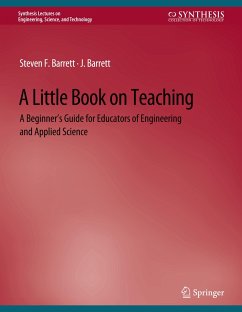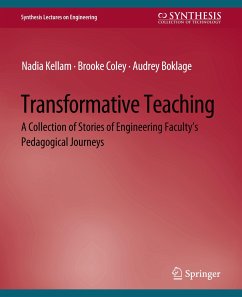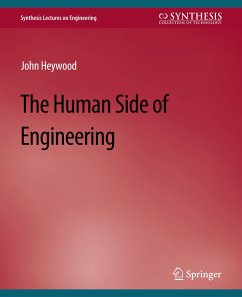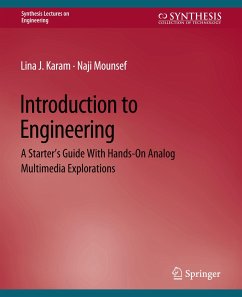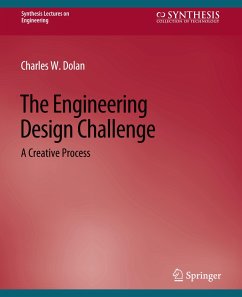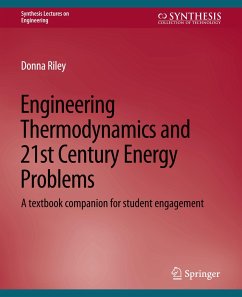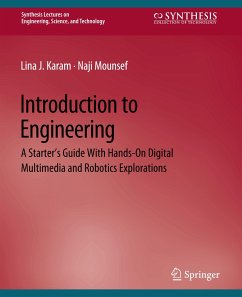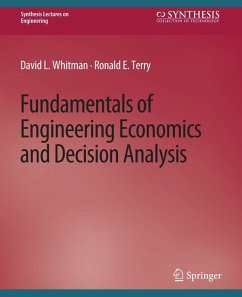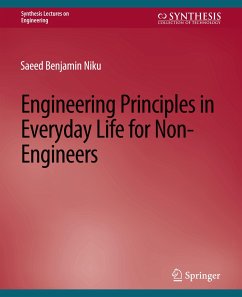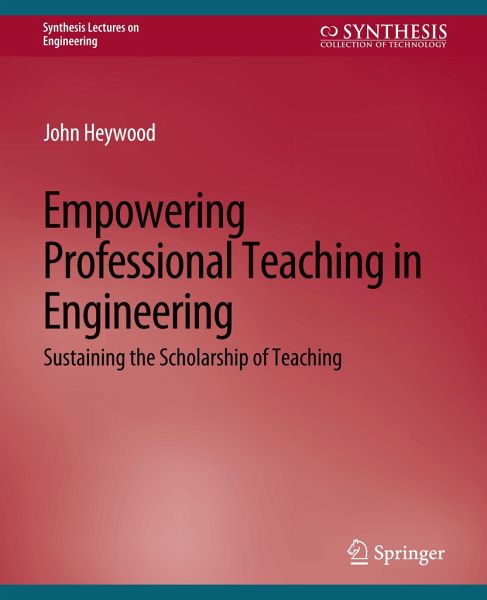
Empowering Professional Teaching in Engineering
Sustaining the Scholarship of Teaching

PAYBACK Punkte
0 °P sammeln!
Each one of us has views about education, how discipline should function, how individuals learn, how they should be motivated, what intelligence is, and the structures (content and subjects) of the curriculum. Perhaps the most important beliefs that (beginning) teachers bring with them are their notions about what constitutes "good teaching". The scholarship of teaching requires that (beginning) teachers should examine (evaluate) these views in the light of knowledge currently available about the curriculum and instruction, and decide their future actions on the basis of that analysis. Such ev...
Each one of us has views about education, how discipline should function, how individuals learn, how they should be motivated, what intelligence is, and the structures (content and subjects) of the curriculum. Perhaps the most important beliefs that (beginning) teachers bring with them are their notions about what constitutes "good teaching". The scholarship of teaching requires that (beginning) teachers should examine (evaluate) these views in the light of knowledge currently available about the curriculum and instruction, and decide their future actions on the basis of that analysis. Such evaluations are best undertaken when classrooms are treated as laboratories of inquiry (research) where teachers establish what works best for them.
Two instructor centred and two learner centred philosophies of knowledge, curriculum and instruction are used to discern the fundamental (basic) questions that engineering educators should answer in respect of their own beliefs and practice. They point to a series of classroom activities that will enable them to challenge their own beliefs, and at the same time affirm, develop, or change their philosophies of knowledge, curriculum and instruction.
Two instructor centred and two learner centred philosophies of knowledge, curriculum and instruction are used to discern the fundamental (basic) questions that engineering educators should answer in respect of their own beliefs and practice. They point to a series of classroom activities that will enable them to challenge their own beliefs, and at the same time affirm, develop, or change their philosophies of knowledge, curriculum and instruction.





